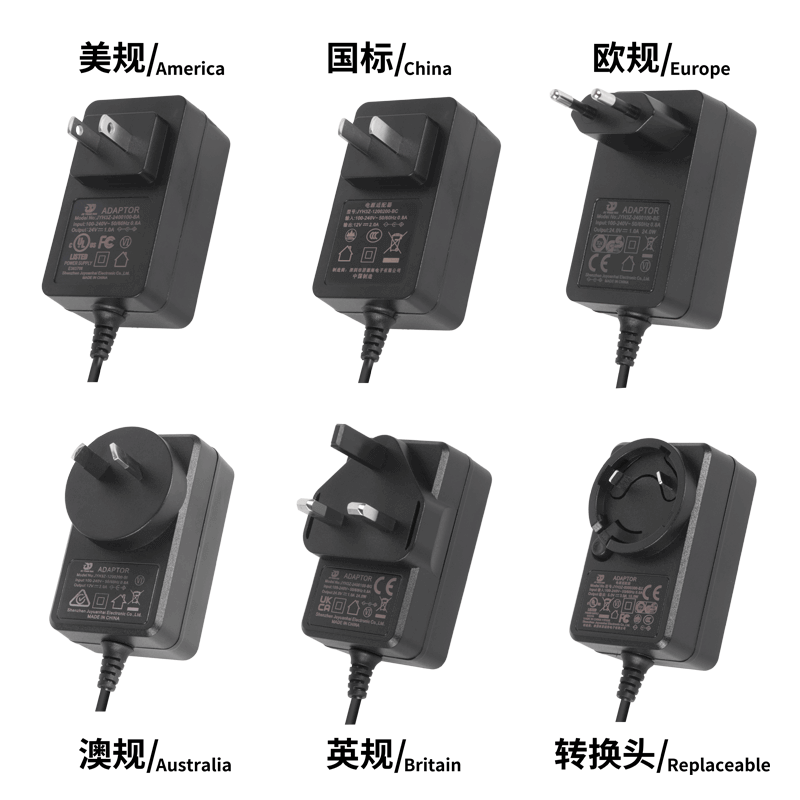

Power adapters are essential devices that supply electricity to various electronic devices. However, excessive heat production can jeopardize their functionality, safety, and lifespan. To ensure optimal performance and longevity of your power adapter, it is crucial to understand the causes of overheating and implement appropriate preventive measures.
One common cause of power adapter overheating is insufficient ventilation. When electronic devices generate heat during operation, the surrounding air should facilitate heat dissipation to prevent overheating. Ensure that your power adapter is placed in a well-ventilated area, preferably on a flat surface. Avoid covering it with cloths, papers, or other materials to allow sufficient airflow.
Power adapters are designed to deliver a specific amount of power to a device. Overloading the adapter can cause it to work beyond its capacity, resulting in overheating. If you connect multiple devices to a single adapter or use a power adapter with a lower power rating than required by your device, it may overheat. Make sure to check the power requirements of your devices and use a compatible adapter.
Defective components or poor design can contribute to power adapter overheating. Low-quality materials, substandard manufacturing processes, or inadequate insulation can cause internal components to generate excessive heat. It is recommended to purchase power adapters from reputable manufacturers to minimize the risk of faulty components. Look for certifications like UL, CE, or FCC which indicate compliance with safety standards.
Environmental factors such as high ambient temperatures, direct sunlight exposure, or dusty surroundings can exacerbate power adapter overheating. Avoid using power adapters in extremely hot environments or direct sunlight. Ensure the surrounding area is clean and free from dust that can accumulate on the adapter's vents and hamper heat dissipation. Regularly clean the adapter using compressed air or a soft brush.
Proper usage patterns and regular maintenance play a vital role in preventing power adapter overheating. Power adapters are not designed for continuous usage, especially at maximum power output. Prolonged operation without allowing the adapter to cool down can lead to overheating. Additionally, aging power adapters might have degraded internal components, increasing their susceptibility to overheating. Consider replacing old or worn-out adapters to ensure safer and more efficient power supply.
In conclusion, power adapter overheating can be prevented by ensuring proper ventilation, avoiding overloading, choosing reliable products, and considering environmental factors. Regular maintenance and responsible usage also contribute significantly to the longevity of power adapters. By implementing these preventive measures, you can not only enhance the safety and performance of your devices but also extend the lifespan of your power adapter.